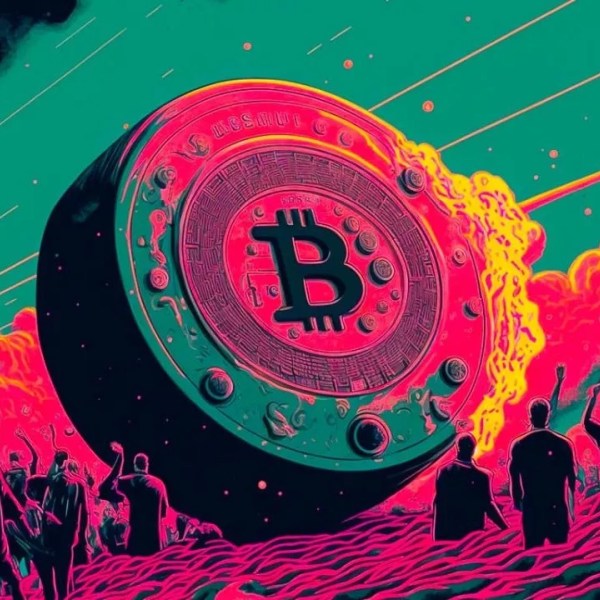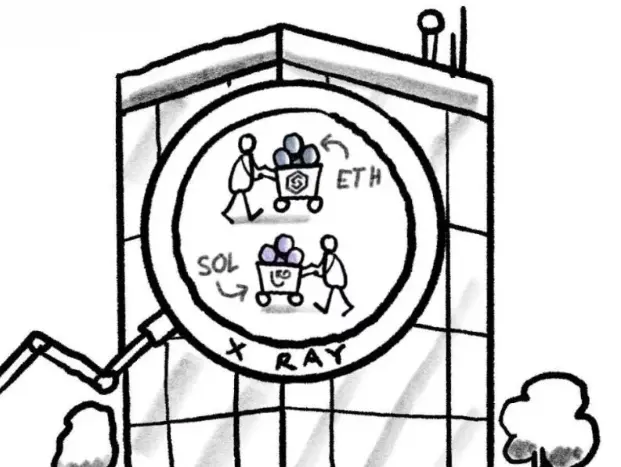Russia's military-industrial powerhouse Rostec to launch ruble-backed token on Tron
Key Takeaways
- Rostec is preparing to launch a ruble-backed token, RUBx, on the Tron blockchain.
- The RT-Pay payment platform will integrate RUBx with current banking infrastructure, complying with Russian regulations.
Share this article
Rostec, Russia’s military-industrial behemoth, is set to roll out a ruble-backed stablecoin and a digital payment platform by the end of this year, TASS has reported . The token will be issued on the Tron blockchain.
The initiative targets both individual and enterprise users. The goal is to establish a secure, compliant, and blockchain-integrated system for digital transactions within the Russian financial ecosystem.
Built on Tron, a blockchain known for its high throughput and popularity for low-cost transactions, the stablecoin, dubbed RUBx, is 1:1 backed by fiat rubles, according to Alexander Nazarov, Deputy General Director of Rostec. The state-run Russian corporation will be its operator.
RUBx will be fully open source, with code published on GitHub. CertiK, a globally recognized smart contract auditing firm, will verify the code.
The digital payment platform, called RT-Pay, will integrate with existing banking infrastructure to enable digital payments and interactions with external wallets and smart contracts.
Dmitry Shumayev, head of the RUBx project, said the new platform would be rolled out in stages, with development tailored to the needs of different sectors of the economy.
He noted that particular emphasis would be placed on security and integration with existing financial infrastructure, and suggested the ecosystem could eventually serve as the foundation for a range of innovative financial services.
Share this article
Disclaimer: The content of this article solely reflects the author's opinion and does not represent the platform in any capacity. This article is not intended to serve as a reference for making investment decisions.
You may also like
Market value evaporates by 60 billions! Faith shaken, institutions on the sidelines—has bitcoin’s “post-halving crash” curse come true?
A major reason for the recent plunge is market concerns over a repeat of the "halving cycle"—that is, after a supply reduction triggers a boom, a deep correction inevitably follows. Panic selling by investors, combined with a stagnation of institutional funds and macroeconomic headwinds, have collectively led to a collapse in market confidence.

SharpLink and Upexi: Each Has Its Own Strengths and Weaknesses in DAT
For this model to be sustainable, one of the following two scenarios must occur: either staking truly becomes a corporate cash engine, continuously providing funds for digital asset purchases; or companies must incorporate the planned sale of digital assets into their digital asset strategies to achieve systematic profits.

80% is hype? Six major red lines reveal the true intentions of Stable
It appears to be an infrastructure upgrade, but in essence, it is an early, insider-friendly issuance.

Global assets are falling simultaneously—why have safe havens collectively failed?

